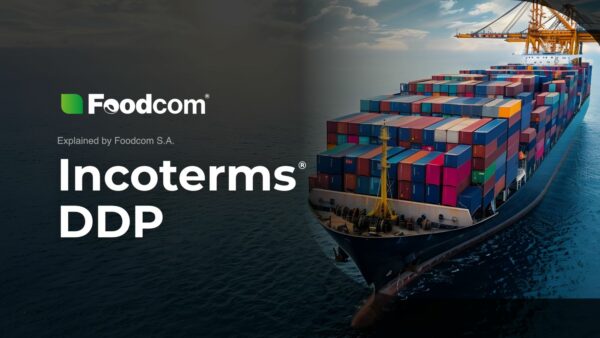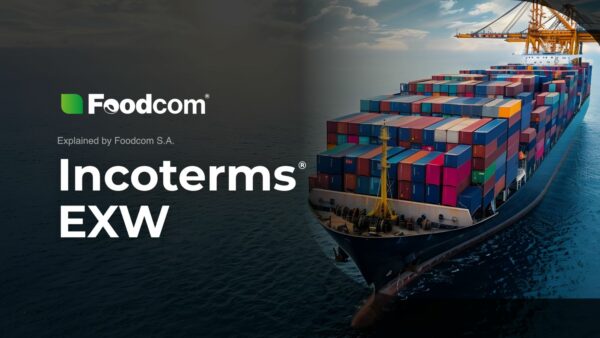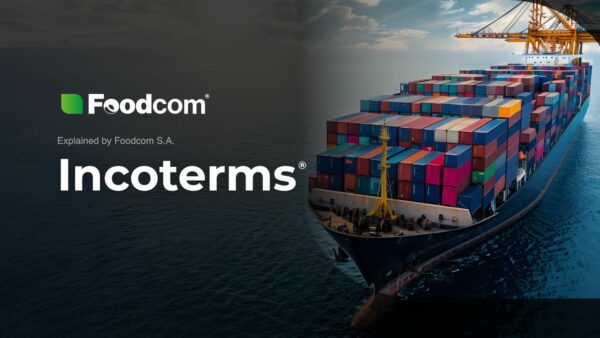FOB – what is it?
FOB, an acronym for “Free On Board”, is a commonly used shipping term in international trade. FOB denotes a point within the delivery process where the responsibilities and liabilities for the goods being shipped transfer from the seller to the buyer. Specifically, when goods are delivered “FOB [named port of shipment]”, the seller fulfills its obligation to deliver when the goods have passed over the ship’s rail at the specified port. From that point onward, the buyer assumes all risks, costs, and responsibilities associated with the goods.
Most common questions
1. What are the implications of FOB for the buyer and seller?
Under FOB terms, the seller is responsible for all costs, risks, and logistics up to the point when the goods are loaded on the vessel at the specified port. Once the goods cross the ship’s rail, the buyer assumes responsibility, which includes all shipping costs, insurance, unloading fees, and transportation to the final destination. Additionally, any risk of damage or loss to the goods while in transit falls on the buyer from that point forward.
2. How does FOB differ from other shipping terms?
There are several shipping terms used in international trade, each specifying different points of transfer for risk and costs. For example, CIF (Cost, Insurance, and Freight) means the seller pays for the costs and freight to bring the goods to the destination port, including insurance. On the contrary, under FOB, the seller’s responsibilities end once the goods are on the ship.
3. Why is specifying the exact port in FOB crucial?
Stating the exact port of shipment is essential as it clearly defines where the responsibilities transfer from the seller to the buyer. The named port dictates where the goods should be loaded, and any costs or risks associated with changes or delays in reaching that specified port typically fall on the seller.
4. How does FOB impact the pricing of goods?
The price of goods under FOB terms typically includes all expenses up to loading the goods onto the ship. Any additional costs post that point, like freight charges, insurance, and other transportation fees, are not included in the FOB price and are borne by the buyer.





